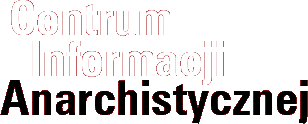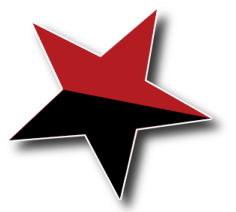USA przygotowują atak na Iran
Czytelnik CIA, Wto, 2007-03-27 16:00
W Zatoce Perskiej zebrały się największe amerykańskie siły uderzeniowe od czasu ofensywy na Irak w 2003 roku. W manewrach bierze udział ponad 10 tys. amerykańskich marynarzy. Amerykańska admiralicja odmawia komentarzy i nie chce powiedzieć, czy ćwiczenia były planowane od dawna, czy też to reakcja na ostatnie wydarzenia z brytyjską marynarką . Oficjalnie aresztowanie Brytyjczyków nic z tym wspólnego nie ma.






